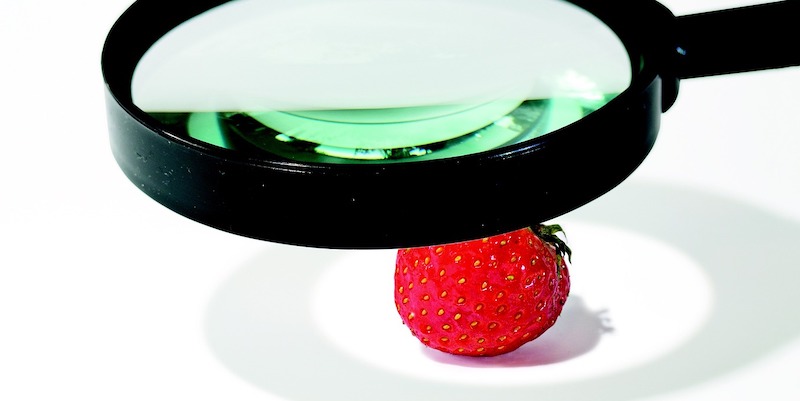Agriculture isn’t safe from all the misinformation humans have a tendency to spread. It seems that there is incorrect information everywhere we go, and our industry struggles just as much, if not more than others. Here is a list of some of the most common misconceptions you may hear about our food:
- Limes are actually yellow. It’s true, limes are pulled when they are not ripe, hence the green color you may associate with them. They lose their acidity and become juicer once they are ripe. Why are limes green at the store then? Well, there are a few reasons according to what source you ask. It has to do with the fact that limes soften as they ripen, so transporting them ripe reduces bruising. Limes, unlike lemons, don’t turn yellow once pulled from the tree.
- Rice doesn’t contain gluten. For those who are allergic to gluten, it may surprise some when they eat rice, but unless it’s mixed with other products.
- Organic, natural, anti-biotic free are all healthier than conventional. We all have learned that this just isn’t true. Each is different and beneficial in its own way. Organic still uses pesticides, although different kinds, anti-biotics are used with veterinarian oversight, and strict withdrawal periods, and most labels are merely marketing tactics, to put it bluntly.
- Fat -free is the healthiest option. This isn’t necessarily true. There are healthy fats, like monounsaturated fats, that are beneficial to your body. Beef and avocados are two products that have great levels of healthy fats. But, if you’re fat-free, there may be a lot of added sugars to compensate for the taste, which is fattening. Additionally, carbohydrates are fattening as well. It’s best to have a balanced diet, rather than a fat-free diet.
- Multi-grain is healthier than others. Unless multi-grain is all whole-grains, it’s not healthier.

- Margarine is healthier than butter. Imitation is the highest form of flattery, but not great for your diet. Real butter is healthy in moderation and it isn’t highly processed like Margarine.
- Frozen veggies and fruits are not as healthy as fresh products because they contain preservatives. When freezing items, it’s not necessary to add preservatives. They may not be as big as fresh produce, and there’s something to say about having to reheat food and it not tasting the same, but it still is healthy and nutritious, and also keeps you from wasting leftovers!
- A plant-based diet is healthier than an omnivore diet. It’s certainly trendy to be plant-based, but each person is wildly different from the next. What your body needs and what energy you’re exerting will determine what your diet should be. Meat protein offers a complete source for your needs in a realistic amount. While you can substitute meat with plant proteins, you may have to take vitamins to make up for those missing from plants, like B12, and you may be consuming a lot more plants to get the same amount of nutrients in a 3 oz. serving of steak. Everyone should consume what they want, but don’t fall for sensationalized “research.”
There are a lot more misconceptions about our food than I care to admit, and with people pushing an agenda about our food standards, it’s easy to fall prey to their seemingly believable “facts.” Be sure to scrutinize anything that sounds outlandish, and be sure to educate yourself on the truth of food! We live in a country blessed with abundant, high-quality food choices, and I think we have a habit of forgetting this often. What myths have you heard about our food?







